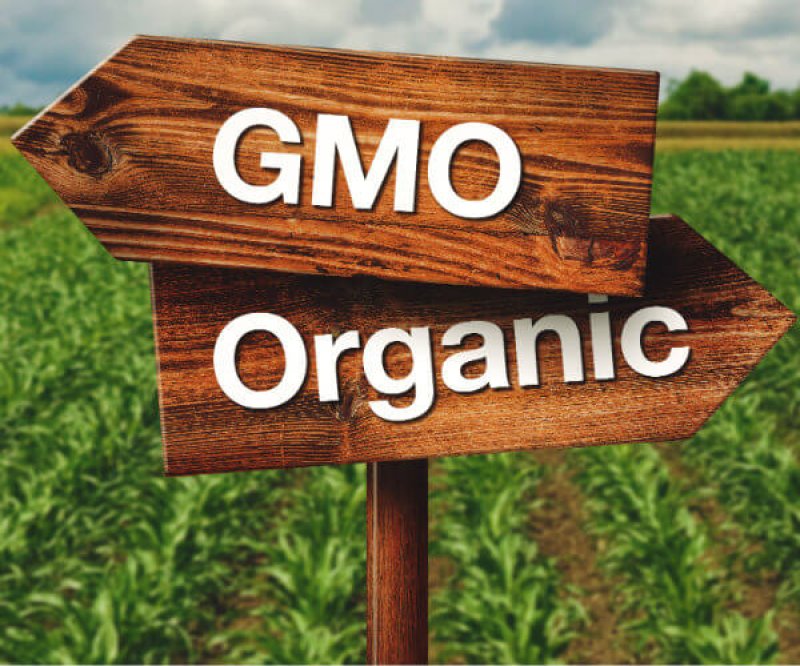In theory, genetic engineering could make a valuable contribution to sustainable agriculture. Some plant diseases are virtually impossible to control with natural methods, for example, so a resistant GM variety could allow these crops to be produced without chemical fumigation. A new blight-resistant potato, for example, recently approved for commercial use by the USDA, is expected to reduce fungicide use by 25 to 45 percent. If organic growers, who don’t use fungicide and have few options for dealing with potato blight, were to plant these spuds, yields would likely improve.
GMOs are currently banned under organic standards, however, and most consumers would balk at the idea of genetically-engineered organic potatoes. Yet with traditional breeding techniques—the kind that are allowed under organic standards—plant breeders have struggled for decades to develop blight-resistant crop varieties (a host of food plants besides potatoes are susceptible to similarly insidious pathogens). Thus organic growers must accept lower yields for a dubious rationale.
…
There are many other GM crops under development with traits organic growers would likely appreciate were it not for the stigma, some for their pest and disease resistance and some for their adaptability to a changing climate, such as drought-tolerant corn and wheat. Much maligned biotech companies like Monsanto are behind some of these research efforts, but many others are being carried out by NGOs and public universities, such as the Drought Tolerant Maize for Africa initiative.
The GLP aggregated and excerpted this blog/article to reflect the diversity of news, opinion, and analysis. Read full, original post: GMO vs. Organic































